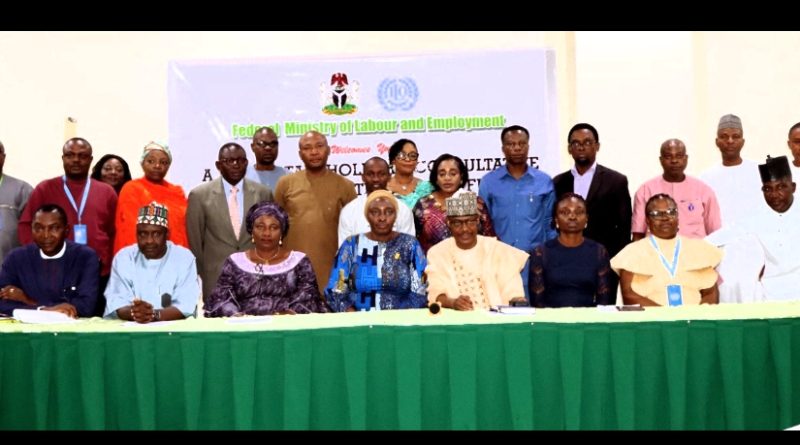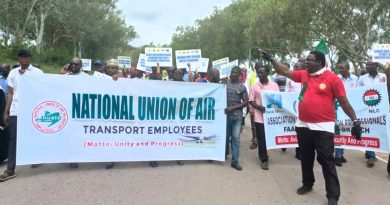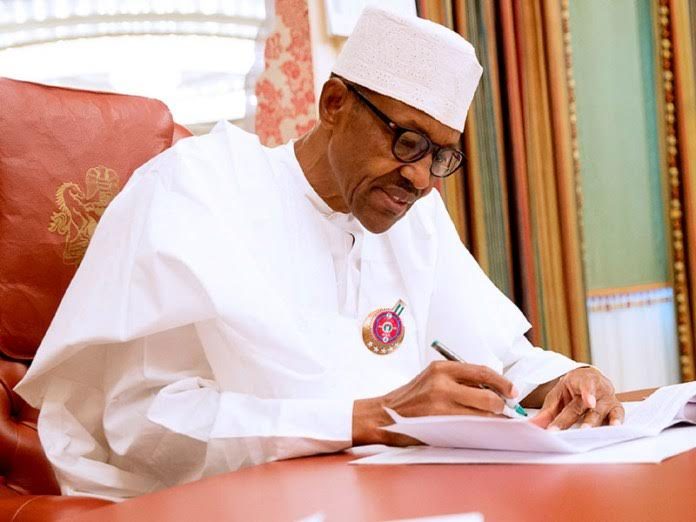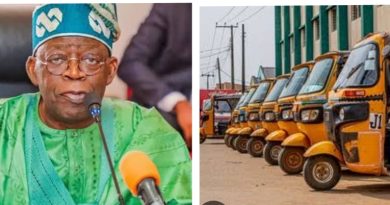NIGERIA UPDATES ITS FUTURE OF WORK REPORT
Oru Leonard
As Nigeria joins the rest of the world to ensure that the World of Work and Labour Administration System is properly secured in line with Best Practice, the Federal Government is updating its Future of Work Report (FoW) to keep up with the constant transformation and diverse challenges in the workplace.
The Permanent Secretary, Federal Ministry of Labour and Employment, Kachollom Daju in her keynote address delivered at a One-Day Stakeholders Consultative Forum To Update Nigeria’s Future of Work held in Abuja, stressed that Government was well aware of the fact that a harmonious industrial relations climate was crucial to achieving economic growth and sustained development, and it was against this backdrop that the ministry deemed it necessary to Update Nigeria’s Future of Work Report.
According to a release made available to News Dot Africa by My Olajide Oshundun, Director, Press and Public Relations on Tuesday, 25 July, 2023, Daju explained that over time Nigeria relied on the International Labour Standards adopted by the ILO with regards to national peculiarities and developmental goals as the benchmark to draw up guidelines and policies through which government had provided and maintained control for the world of work in Nigeria.
She further said that Work evolution which had been driven by technological innovations, demographic shifts, economic instability, climate change and globalisation needed a reassessment of the guiding principles if the Social Justice of the ILO and its constituents were to remain relevant and survive the next 100 years.
According to her, in response to emerging issues challenging the future of work such as insecurity, information technological improvements, artificial intelligence, casualization, illicit drug use, mismatch for available jobs which are creating multi-sectoral decent work deficits that must be addressed holistically, it has become imperative that Government incorporates new approaches to tackle its peculiarities so as to survive the internal and external threats to the survival of the world of work in Nigeria.
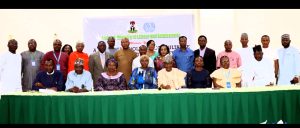
She observed that as highlighted in the 2019 Report, the need to shift from formal to informal jobs to address youth unemployment aligned with the current realities in the country today where skills acquisition had taken centre stage gaining ground internationally and with the country’s rapidly growing population, Nigeria will require at least 40 to 50 million jobs to keep up with its population.
The Permanent Secretary called on stakeholders to critically analyze the document before them being cognisant of Nigeria’s peculiarities and current realities.
Speaking earlier, Mrs Juliana Adebambo, Director Productivity Measure and Labour Standards, stated that the Ministry in conjunction with the ILO was updating the 2019 Report to reflect transformative processes that needed to be accelerated and address serious concerns such as inequality, unemployment, underemployment, child labour, forced labour and migration.
She noted that with a strong political will and co-ordination the FoW in Nigeria will be safeguarded through investment in education and training, bridging gender gaps, inequality and discrimination, ensuring rights at work, extending social protection, supporting private sector to create jobs, promoting productivity and technological pathways for decent work.
The Nigeria Future of Work Report was launched in 2019 as an outcome of tripartite consultations centred on four centenary conversations, namely; Work and Society, Decent jobs for all, The organisation of work production and The governance of work. Stakeholders include International Labour Organisation (ILO), Nigeria Labour Congress (NLC), Nigeria Employers’ Consultative Association, Trade Union Congress (TUC).

